They offered explanations for events beyond their understanding. These tales are intertwined with Athens' landmarks, serving not just for inspiration but also as markers of unity and self-assurance for its people. Familiarizing yourself with these six Athenian myths can enrich your grasp of the city's past and cultural identity.
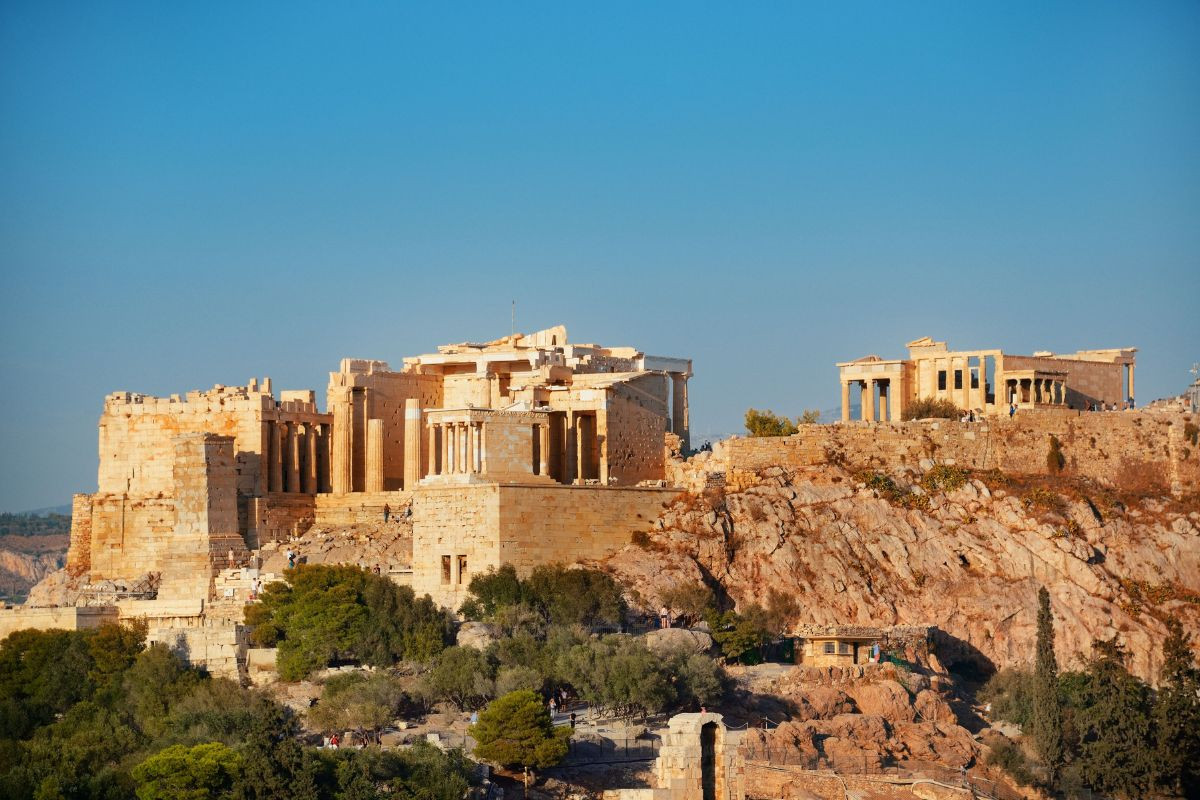
Athens owes its name to a contest of divine gifts between Athena and Poseidon, each vying to become the city's patron. The ancient city, then known as Cecropia, witnessed Poseidon offer a spring that turned out to be saltwater, while Athena presented an olive tree, a source of food, oil, and wood. The olive tree's offerings were more practical, leading to Athena's victory. To honor Poseidon and avoid his wrath, the Athenians built the Erechtheion temple over his spring. Legend has it, that the temple still whispers with the sound of the sea when the southern wind blows. Visit the Acropolis Hill today, and you may see an olive tree, claimed to descend from Athena's original gift.
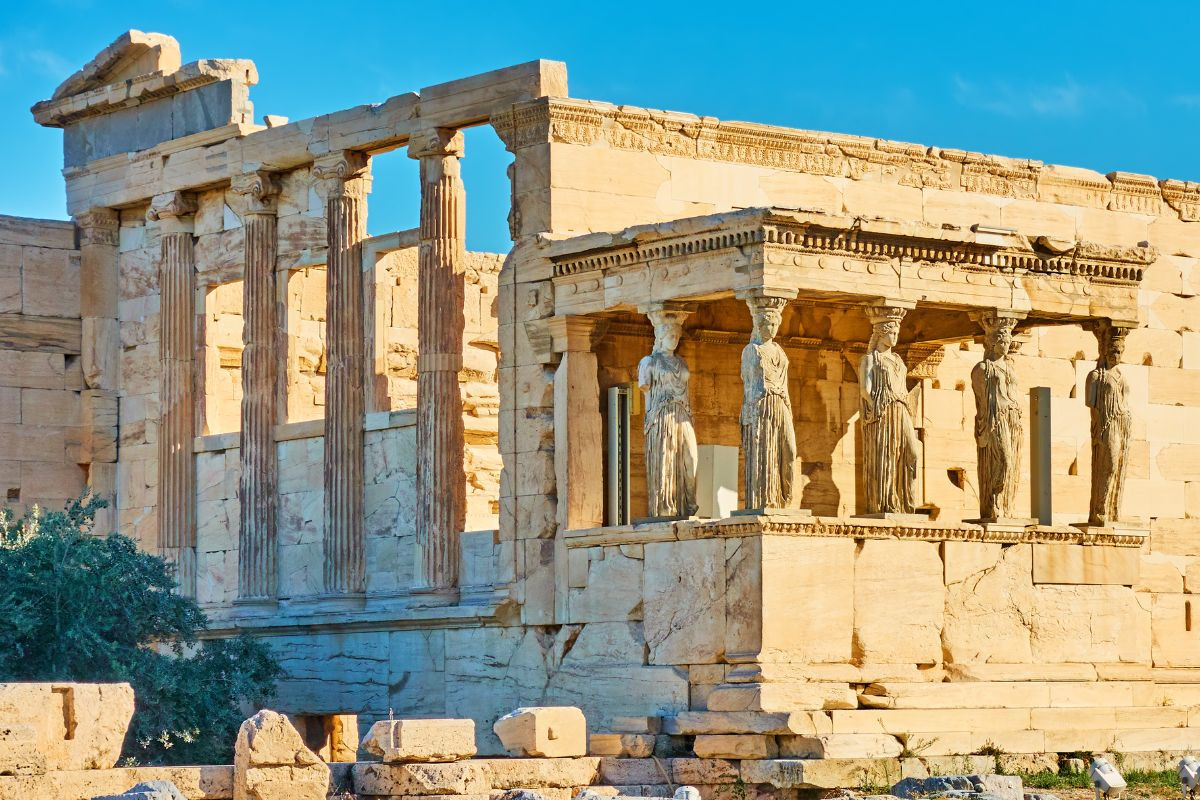
In Greek lore, Hephaestus, the god of metallurgy, once pursued Athena, who visited his forge seeking weapons. Despite his advances, Athena remained untouched, casting away the unwanted outcome of Hephaestus' affection onto the Earth, which led to the birth of Erichthonius, a being part human, part serpent. Athena, opting for secrecy, took Erichthonius under her care, bestowing upon him drops of Gorgon blood for protection and power. Entrusted to Cecrops' daughters in a sealed box, their curiosity proved disastrous, leading to their demise from the Acropolis. A crow's tale of the event enraged Athena, her reaction forming Lycabettus Hill. Erichthonius went on to rule Athens, initiating the Panathenaic Festival to honor Athena, and it's said his final resting place is within the Erechtheion.

The renowned Areopagus Hill in Athens carries tales of divine judgment, notably the trial of Ares. The god of war was summoned by the Olympian gods to answer for his actions, including the slaying of Poseidon's son, Halirrhothius. The rock situated between the Acropolis and the Pnyx served as the courtroom. This space, once dominated by aristocrats, transitioned to democratic oversight after reforms in 462 BC. It's also where Orestes found refuge, his fate decided by Athena's tie-breaking vote. Today, as visitors ascend to its summit for photos and views, they tread upon the very earth where gods once imparted justice to men.
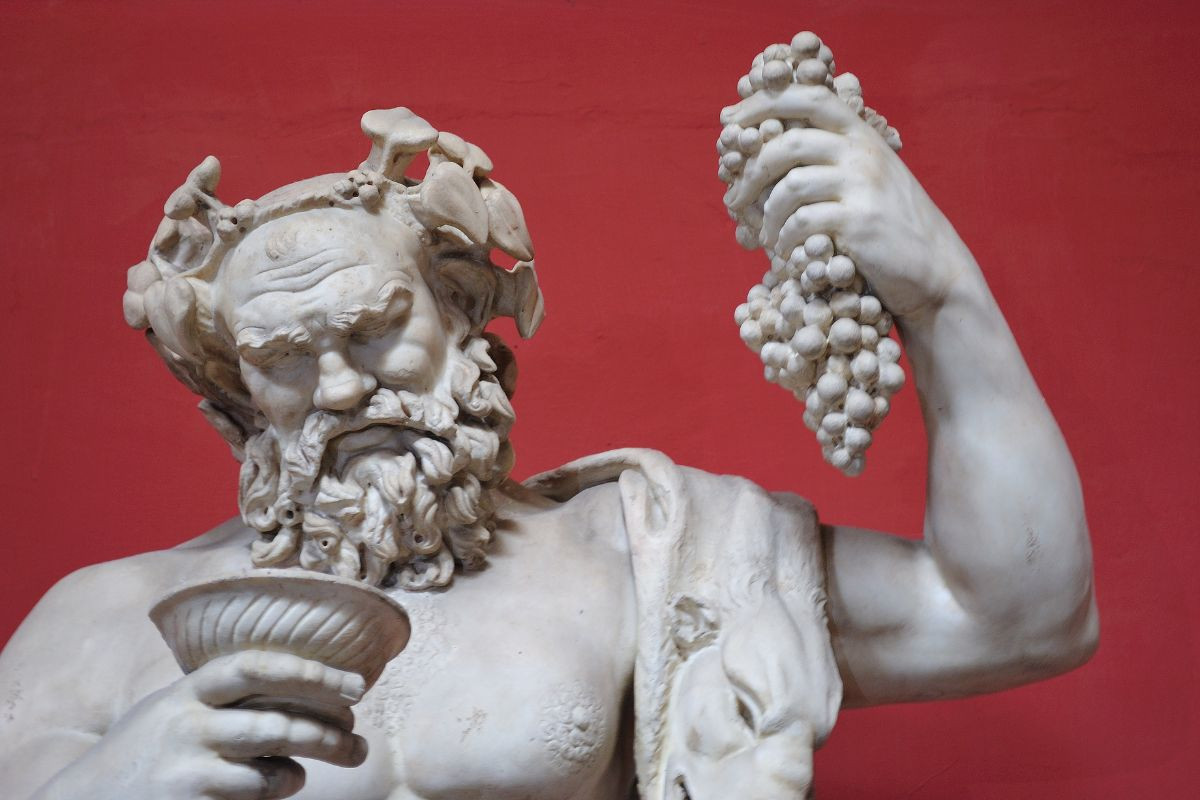
Dionysus, the deity of wine and revelry, has a dramatic origin story featuring Zeus and Hera's classic turmoil. Hera, disguised as Semele's confidante, deceitfully prompted her to demand Zeus reveal his true form. The resulting display of divine force led to Semele's demise, with unborn Dionysus miraculously rescued by Zeus. Symbolically birthed from Zeus's thigh, Dionysus' "second birth" became legendary.
The myth's fusion into post-Christian customs is fascinating; Greeks once celebrated Dionysus' rebirth on December 25th, now Christmas, aligning the "savior" titles of both figures. Even now, the spirit of Dionysus thrives in the Greek Carnival, echoing ancient festivities. When in Athens, a visit to the ancient Theater of Dionysus is essential, honoring the god's enduring legacy.
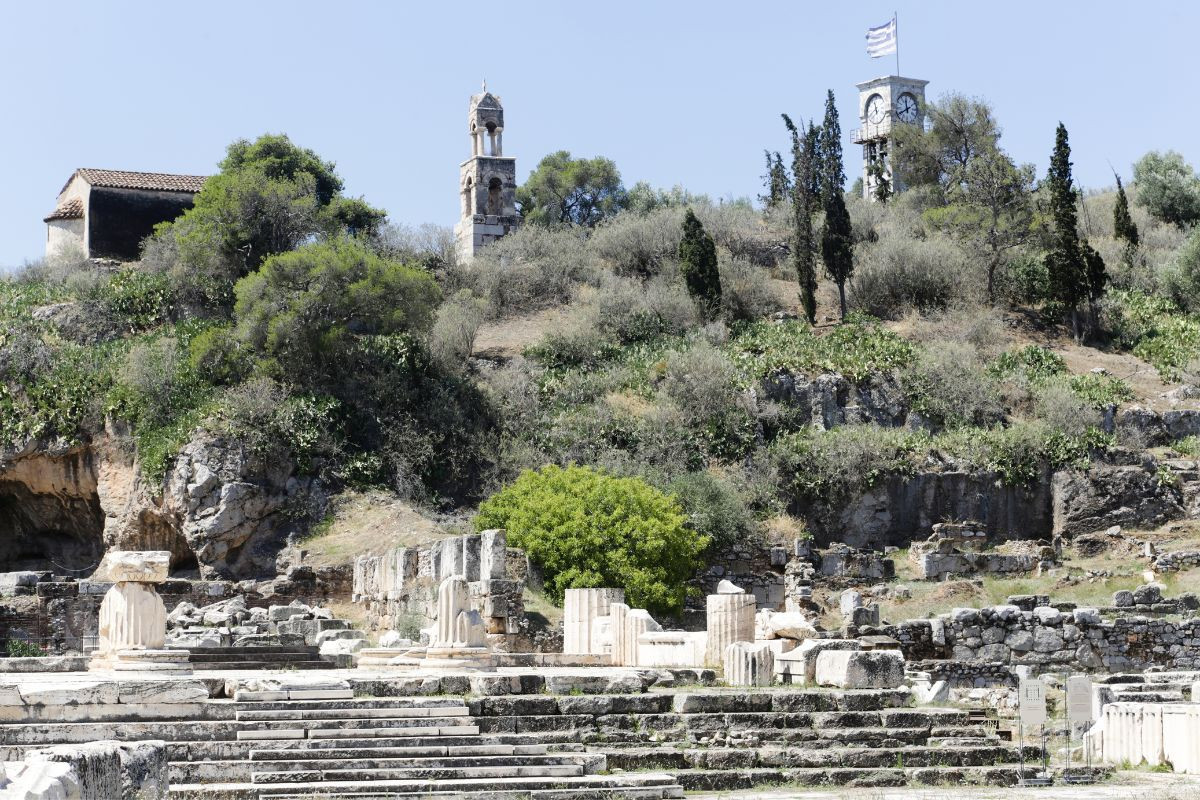
The Eleusinian Mysteries stood at the heart of ancient Greek spirituality, engaging figures from history in rites that remained unspoken under penalty of death. This secrecy was preserved through strict Athenian laws. The rites centered on the myth of Persephone, whisked away by Hades, which resulted in Demeter, her mother, halting the Earth's fertility in her grief. The eventual compromise, where Persephone split her time between worlds, was thought to explain the seasonal cycles. Today, the site of Eleusis is a tangible link to this once-veiled worship and can be explored just outside Athens.
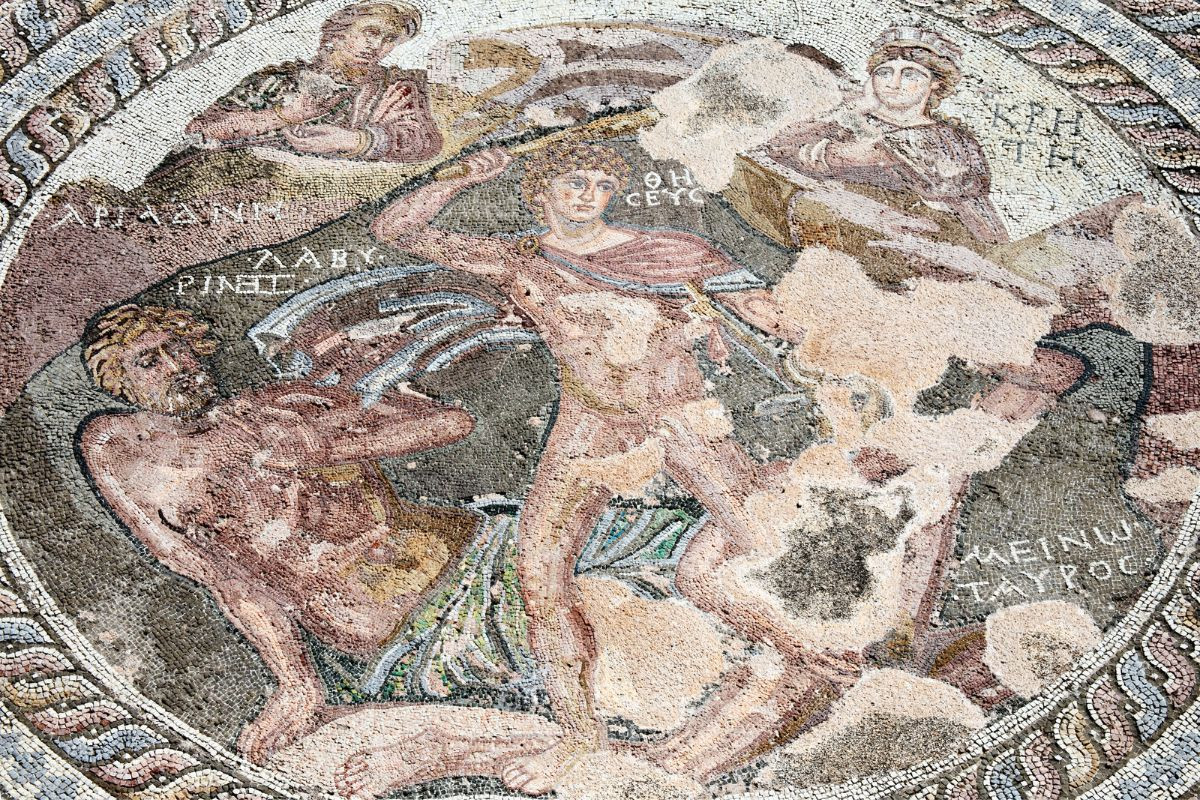
A journey to Athens often includes Cape Sounion and the majestic Temple of Poseidon, where the tale of Theseus and King Aegeus unfolds. Aegeus, awaiting Theseus' return from Crete, had one request: for white sails to signal success. Lost in victory's chaos, Theseus forgot, leading Aegeus to his tragic demise from the cliffs of Sounion, thus naming the Aegean Sea. Visitors can now stand where Aegeus once stood, contemplating the enduring myths of the past.
In these brief explorations of Athenian myths, we've touched on tales that weave the fabric of ancient Greek culture and continue to resonate through time. From the divine disputes and legendary trials to the sacred mysteries and tragic heroics, these narratives offer a glimpse into the world that shaped civilization and still captivates visitors to Greece today.